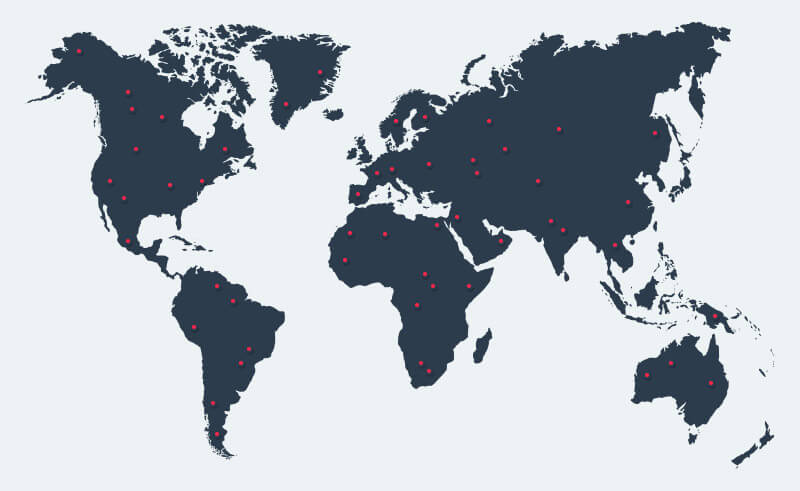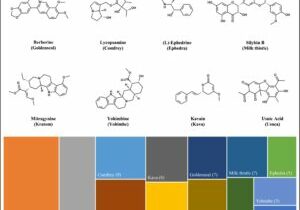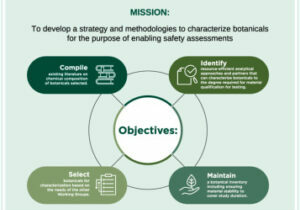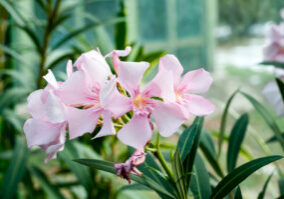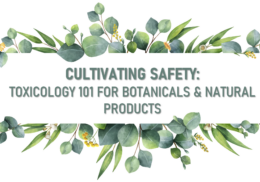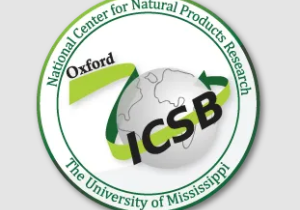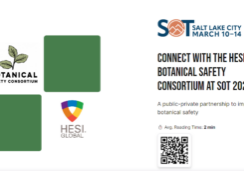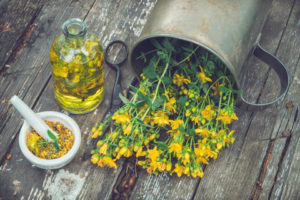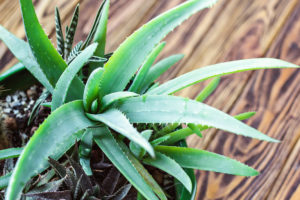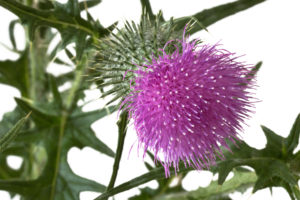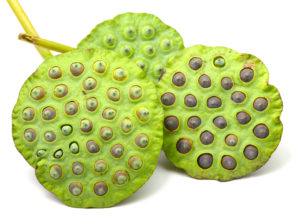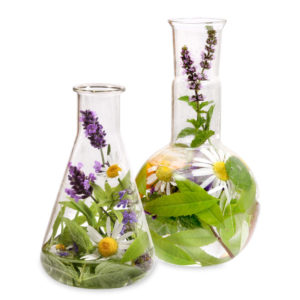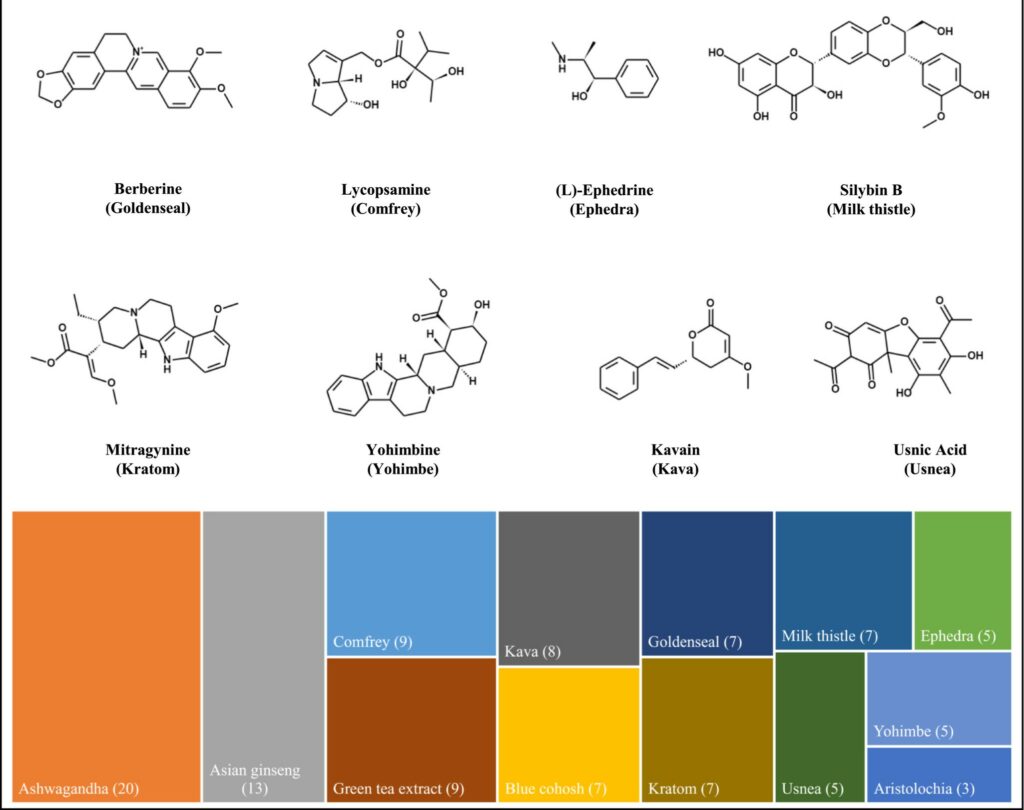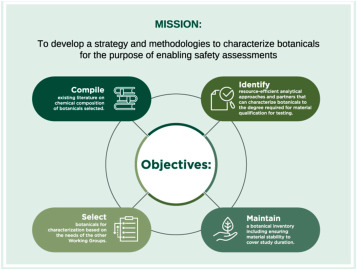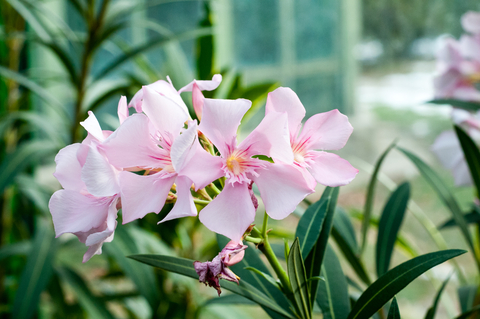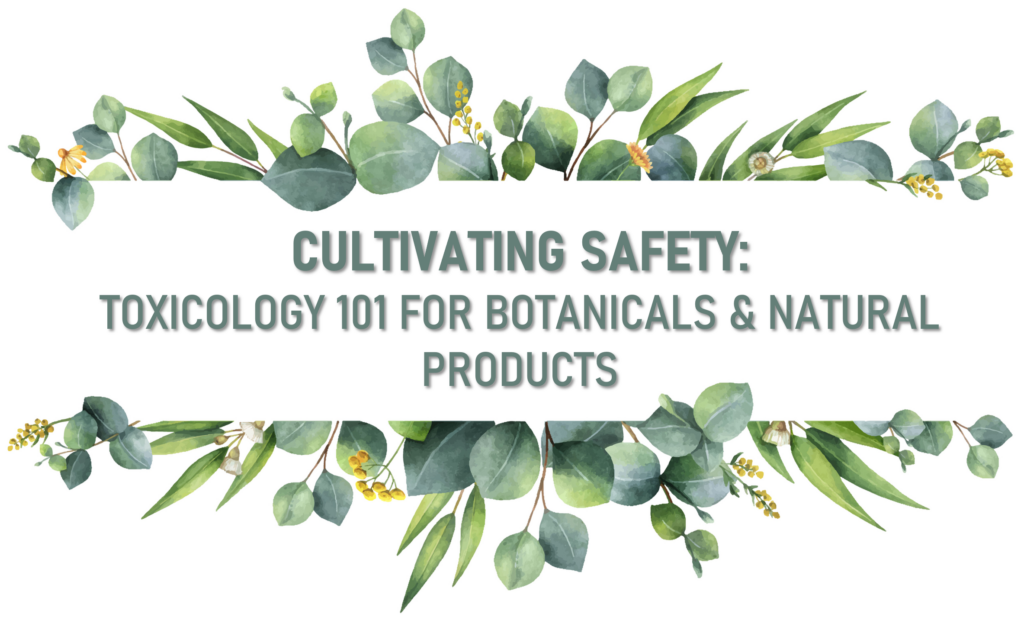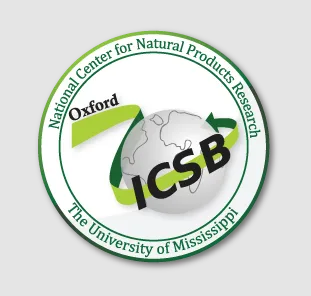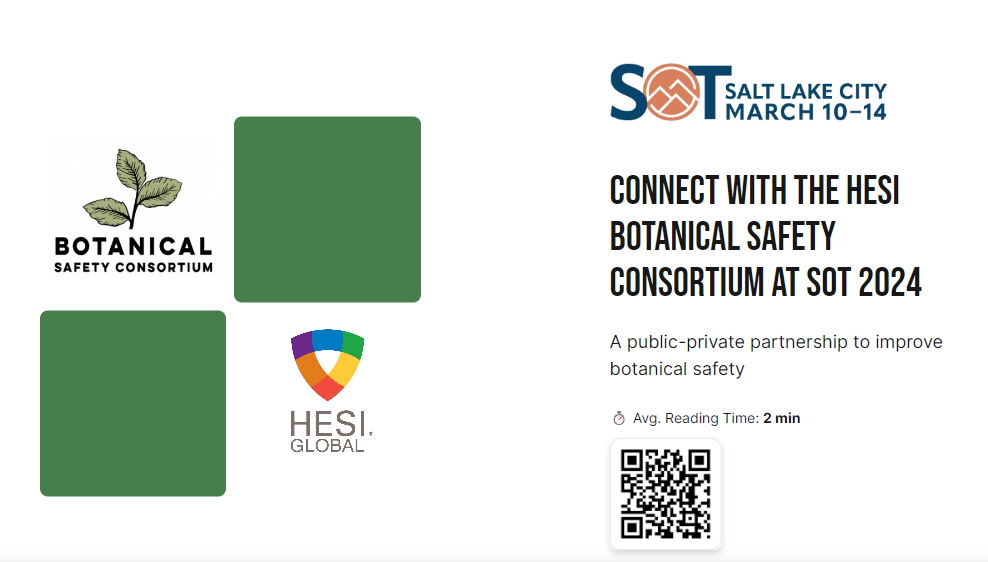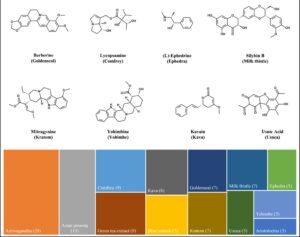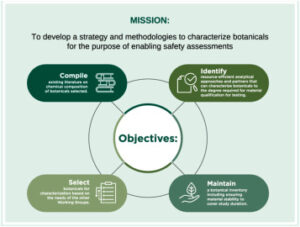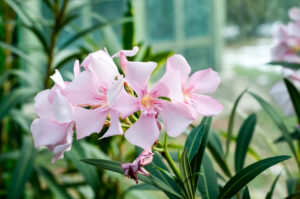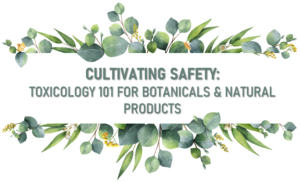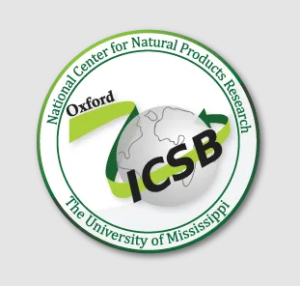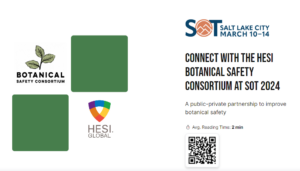A public-private partnership to enhance the botanical safety toolkit
Botanical dietary supplement and herbal medicine use is increasing both in the United States and worldwide. Products made from botanicals can be variable in chemical composition, with many aspects affecting their quantitative and qualitative chemical content and unknown impacts on potential toxicity profiles. Many regulatory structures do not currently require toxicity data and only require…
Botanical Safety Consortium Annual Meeting 2021
BSC 2021 Virtual Annual Meeting June 2021 Welcomes & Objectives (Connie Mitchell, HESI) Botanical Safety Consortium Introduction & Updates (Dr. Cara Welch, US FDA) Keynote 1: The hERG Screen Project: Enhancing Botanical Safety by Cardiotoxic Risk Assessment (Dr. Ulrike Grienke, University of Vienna) Chemical Analysis for Ashwagandha Root Extract (Dr. Vincent Sica, Procter & Gamble) Modeling of Botanical Constituents:…
Session at ICSB 2021
20th Annual Oxford ICSB March 28th – 30th, 2022 The Oxford International Conference on the Science of Botanicals is an annual meeting to discuss approaches for post market surveillance, risk and safety assessment, quality control and adverse event reporting (AER) for botanical dietary supplements (BDS) and natural products as well as regulatory aspects with perspectives…
2020 Virtual SOT Session
“Applying Modern Toxicology to Botanical Dietary Supplements” Click to access PDFs of the presentations: Applying Modern Toxicology to Botanical Dietary Supplements. Michelle Embry (HESI, Washington, DC) Chemical Analysis: The Foundation of Botanical Safety. Joshua Kellog (Pennsylvania State University, State College, PA) Developing and Applying In Vitro Liver Models to Address Potential Hepatotoxicity of Botanical Dietary Supplements. Amy Roe…
Botanical researchers aim to fill gap in safety testing
Of the approximately 28,000 plants that have medicinal properties, only a few have been assessed for safety. Scientists discussed an ambitious effort to fill that gap at the first public meeting of the Botanical Safety Consortium (BSC) on May 29. [BSC seeks to] enhance the botanical safety toolkit and bring clarity to botanical dietary ingredient assessments for…
Botanical Safety Taken on by New Consortium (NIH Record)
Looking to address concerns about the safety of botanicals, NIEHS joined forces with FDA and the nonprofit Health and Environmental Sciences Institute (HESI) to form the Botanical Safety Consortium, through a recent memorandum of understanding. The group serves as a collaborative forum on botanical safety research, drawing global scientists from government, academia, consumer health groups,…
Botanical safety taken on by new consortium
Looking to address concerns about the safety of botanicals, NIEHS joined forces with the U.S. Food and Drug Administration (FDA) and the nonprofit Health and Environmental Sciences Institute (HESI) to form the Botanical Safety Consortium. The consortium, which launched a website in March, will serve as a collaborative forum on botanical safety research. The group hopes to draw global…
FDA: Botanical Safety Consortium Formally Convened
Silver Spring, MD-The U.S. Food and Drug Administration (FDA) announced in a constituent update that the Botanical Safety Consortium (BSC) has formally been convened. Calling it a “milestone,” FDA said the BSC is the result of a Memorandum of Understanding (MOU) that between the FDA, the National Institutes of Health’s National Institute of Environmental Health Sciences, and the Health and Environmental Sciences Institute…
FDA convenes the Botanical Safety Consortium
The U.S. Food and Drug Administration (FDA) has announced that the Botanical Safety Consortium (BSC) has formally been convened. This milestone is the result of a Memorandum of Understanding (MOU) that was recently signed between the FDA, the National Institutes of Health’s National Institute of Environmental Health Sciences, and the Health and Environmental Sciences Institute…
The Botanical Safety Consortium (BSC) was officially convened in November 2019, as the result of a Memorandum of Understanding between the US Food and Drug Administration (FDA), the National Institutes of Health’s National Institute of Environmental Health Sciences (NIEHS), and the non-profit Health and Environmental Sciences Institute (HESI).
Get Involved
At a Glance
Learn More
Our current charge is to evaluate the suitability of assays for botanicals as complex mixtures.
Latest News
New publication: Prediction of physicochemical and pharmacokinetic properties of botanical constituents by computational models
A newly published study from the Botanical Safety Consortium used computational models to predict the physiochemical and pharmacokinetic properties of botanical constituents. This study investigated 103 major compounds from…
New publication: Within-laboratory reproducibility of Ames test results: Are repeat tests necessary?
A cross-sector group of experts from the Health and Environmental Sciences Institutes (HESI)’s Botanical Safety Consortium (BSC) and Genetic Toxicology Technical Committee (GTTC) analyzed data from the National Toxicology Program (NTP) Ames…
Botanical Safety Consortium Summit 2024
Thursday October 10 and Friday October 11 2024 In-person: The National Institute of Environmental Health Sciences (NIEHS), Durham, NC, USA Virtual: TBA The Botanical Safety Consortium (BSC) will…
New publication: Advancing botanical safety
Advancing botanical safety: A strategy for selecting, sourcing, and characterizing botanicals for developing toxicological tools. Waidyanatha et al., February 2024. Food and Chemical Toxicology. https://doi.org/10.1016/j.fct.2024.114537 Increases in botanical use,…
New publication in Food and Chemical Toxicology
Neuroactivity screening of botanical extracts using microelectrode array (MEA) recordings Regina G.D.M. van Kleef, Michelle R. Embry, Constance A. Mitchell, Remco H.S. Westerink. Food and Chemical Toxicology. https://doi.org/10.1016/j.fct.2024.114438 The…
International Congress on Natural Products Research (ICNPR)
13 – 17 July 2024 The Botanical Safety Consortium is holding a training course as part of the meeting on Saturday 13 July entitled “Cultivating Safety: Toxicology 101 of Botanicals…
ICSB 2024
15 -18 April 2024 The Botanical Safety Consortium will be in attendance and presenting at the 22nd International Conference on the Science of Botanicals. Speakers include Connie Mitchell (HESI), and committee…
34th German Society for Environmental Mutation Research Meeting (GUM)
20 – 22 March 2024 The Botanical Safety Consortium will present two posters at the 34th German Society for Environmental Mutation Research Meeting (GUM). When: 20 – 22…
SOT 2024
10 – 14 March 2024 The BSC will be presenting at SOT 2024 in Salt Lake City, UT, USA. Monday, March 11@1:45-4:30pm Symposium Session: Botanical-Induced Toxicity: Liver Injury and…
Botanical Safety Consortium: Introduction and Updates
18 January 2024 Connie Mitchell, Michelle Embry & Julie Krzykwa will be presenting to the US FDA Center for Food Safety and Applied Nutrition (CFSAN) to update the…
